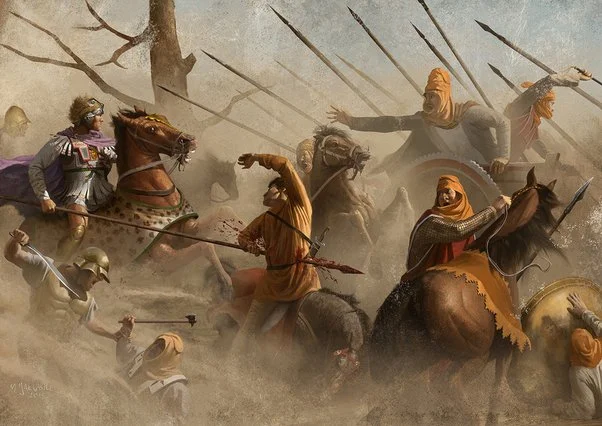History is full of powerful and ambitious rulers who expanded their territories through conquest and war. Some of them are remembered for their achievements, while others are notorious for their brutality and atrocities. Here is a list of the top 10 greatest conquerors in history, based on the size and significance of their empires.
Pharaoh Thutmose III (1479-1425 BC)
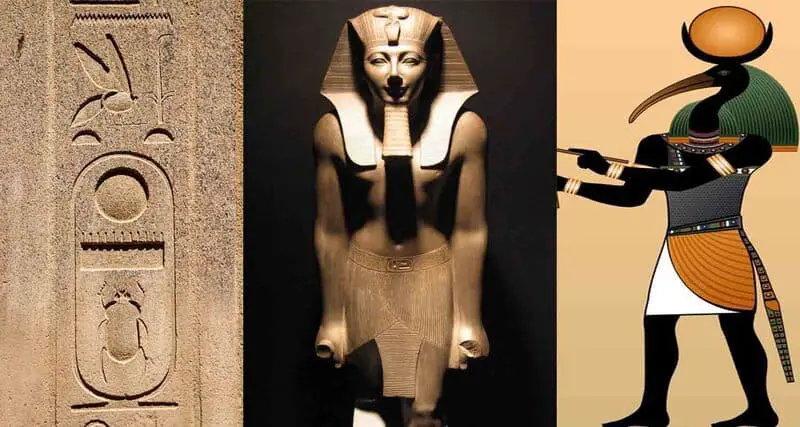
Pharaoh Thutmose III was the sixth ruler of the Eighteenth Dynasty of Egypt, and one of the most successful military leaders in ancient history. He is also known as the Napoleon of Egypt, because he led 17 campaigns in 20 years, and conquered lands from Nubia to Syria. He created the largest empire Egypt had ever seen, stretching from the Euphrates River to the Fourth Cataract of the Nile. He also built many monuments and temples, such as the Karnak complex, to commemorate his victories and glorify his rule.
Timur (1336-1405)
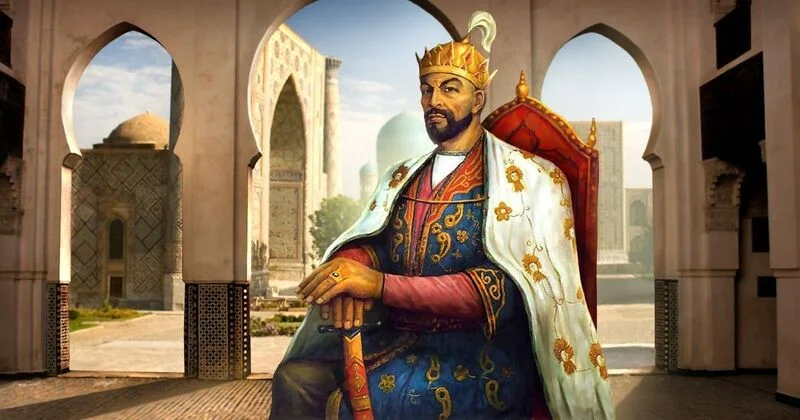
Timur, also known as Tamerlane, was a Turkic ruler who founded the Timurid Empire in Central Asia. He was a descendant of Genghis Khan, and claimed to be his successor. He was a brilliant strategist and a ruthless conqueror, who invaded and plundered many countries, such as Persia, India, Russia, and China. He is estimated to have killed about 17 million people, or 5% of the world’s population at the time. His empire was one of the largest and most powerful in history, covering about 4 million square kilometers.
Ashoka the Great (304-232 BC)
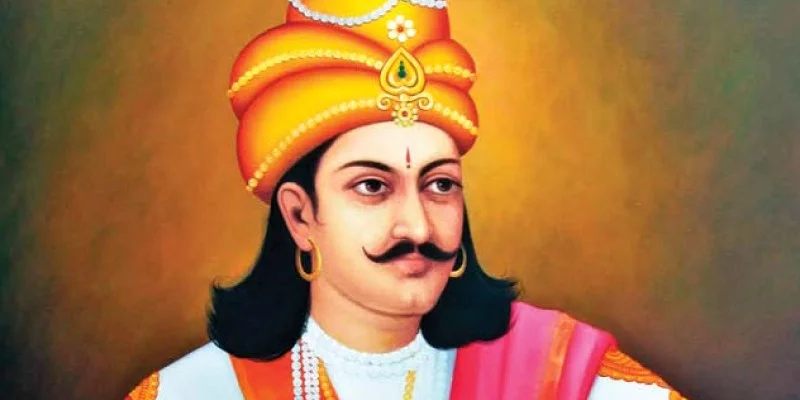
Ashoka the Great was the third emperor of the Mauryan Empire, which ruled most of South Asia in the 3rd century BC. He is considered one of the greatest rulers in Indian history, and one of the most influential figures in Buddhism. He expanded his empire through conquest and diplomacy, reaching from Afghanistan to Bangladesh. He also promoted peace, tolerance, and welfare among his subjects, and spread Buddhism throughout Asia. He erected many edicts and pillars across his empire, which contain his teachings and policies.
Charlemagne (742-814)
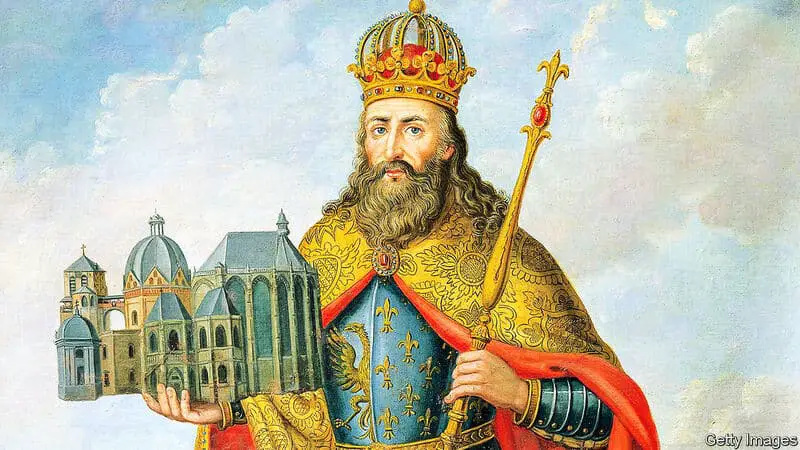
Charlemagne, also known as Charles the Great, was the king of the Franks and the first emperor of the Holy Roman Empire. He united most of Western Europe under his rule, and laid the foundations for modern France and Germany. He was a devout Christian, who supported the church and culture. He also reformed the administration, education, and law of his empire. He is regarded as one of the fathers of Europe, and one of the greatest medieval rulers.
Attila the Hun (406-453)
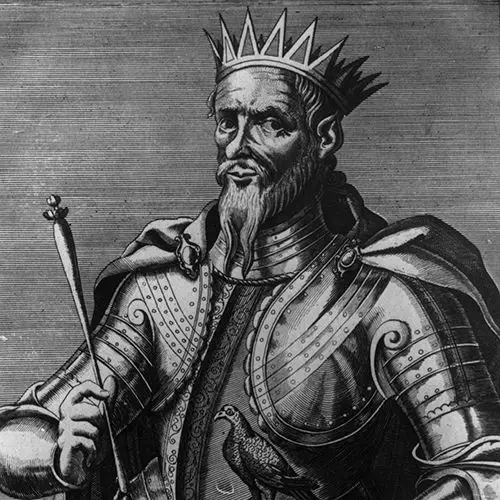
Attila the Hun was the leader of the Hunnic Empire, which stretched from Germany to the Ural River and from the Danube River to the Baltic Sea. He was one of the most feared enemies of the Roman Empire, and invaded many regions, such as Gaul, Italy, and Greece. He was known as the Scourge of God by his enemies, because he caused widespread devastation and slaughter wherever he went. He died shortly after his unsuccessful siege of Constantinople, and his empire collapsed after his death.
Napoleon Bonaparte (1769-1821)
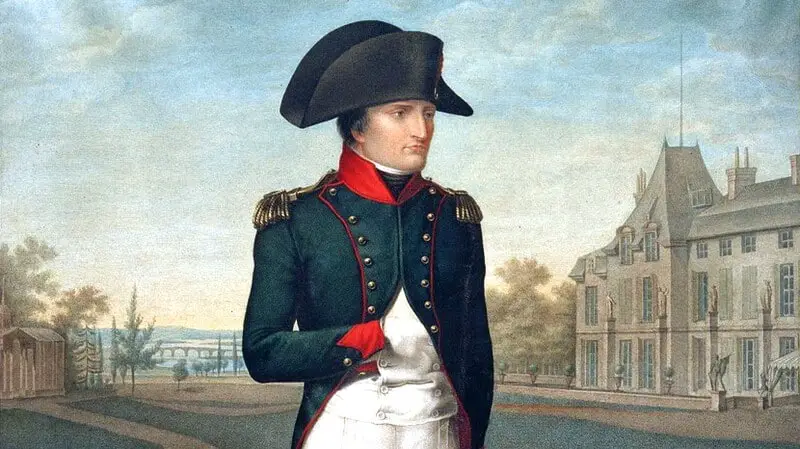
Napoleon Bonaparte was a French military leader and emperor, who rose to power during the French Revolution. He is considered one of the greatest generals in history, and won many battles against various coalitions of European powers. He established a large empire that dominated most of Europe and parts of Africa and Asia. He also introduced many reforms and innovations in law, administration, education, and culture. He was eventually defeated by a coalition of Britain, Russia, Prussia, and Austria at Waterloo in 1815, and exiled to St Helena.
Cyrus the Great (600-530 BC)
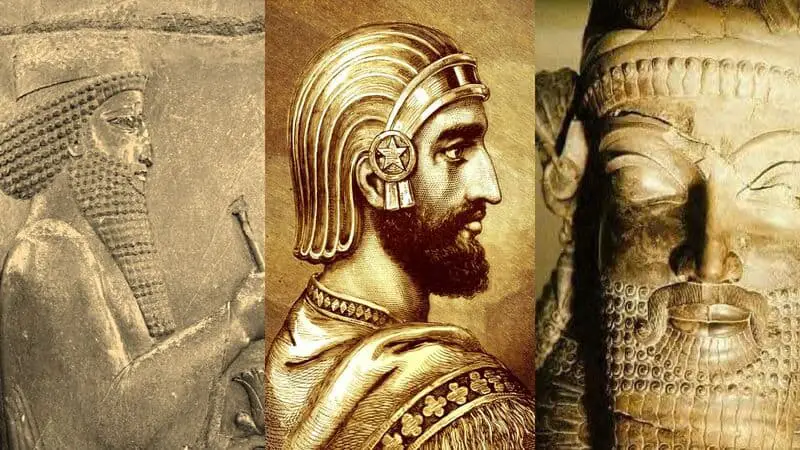
Cyrus the Great was the founder of the Achaemenid Empire, which was the first Persian Empire and one of the largest in history. He conquered many kingdoms and peoples, such as Media, Lydia, Babylon, and Egypt. He is renowned for his tolerance and benevolence towards his subjects, who belonged to different cultures and religions. He respected their customs and beliefs, and granted them autonomy and rights. He also issued the Cyrus Cylinder, which is considered one of the first declarations of human rights.
Julius Caesar (100-44 BC)

Julius Caesar was a Roman general and statesman, who played a critical role in the transformation of the Roman Republic into the Roman Empire. He conquered Gaul (modern France) with his loyal army, and extended Rome’s territory to Britain and Germany. He also crossed the Rubicon River with his army in 49 BC, which sparked a civil war against his rival Pompey. He emerged victorious and became the dictator of Rome. He initiated many reforms and projects, such as the Julian calendar, the public works, and the colonization of new lands. He was assassinated by a group of senators on the Ides of March in 44 BC.
Genghis Khan (1162-1227)
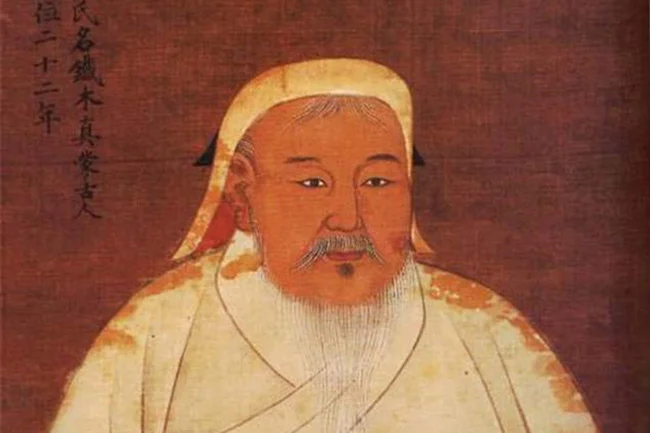
Genghis Khan was the founder and ruler of the Mongol Empire, which was the largest contiguous land empire in history. He united the nomadic tribes of Mongolia, and led them in a series of campaigns across Asia and Europe. He conquered many countries and regions, such as China, Persia, Russia, and Central Asia. He was a brilliant military leader and a ruthless conqueror, who killed millions of people and destroyed many cities and civilizations. He also established a code of law, a system of administration, and a postal network for his empire.
Alexander the Great (356-323 BC)

Alexander the Great was the king of Macedonia and one of the greatest military leaders in history. He inherited a strong kingdom and an experienced army from his father Philip II, who had unified most of Greece under his rule. He then embarked on a campaign of conquest that lasted for 13 years, and created an empire that stretched from Greece to India. He defeated the mighty Persian Empire, and conquered many lands and peoples, such as Egypt, Syria, Mesopotamia, Bactria, and India. He also spread Greek culture and civilization throughout his empire, and founded many cities that bear his name. He died at the age of 32 in Babylon, after falling ill with a fever.
